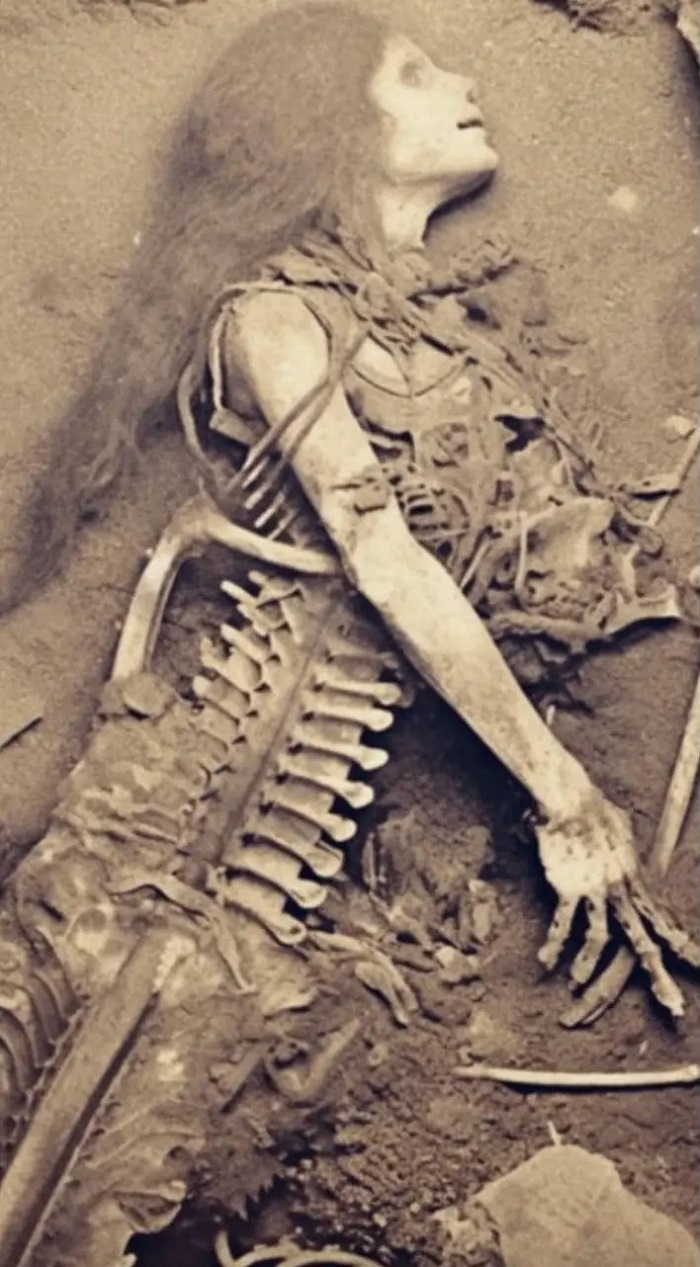In recent years, the quest to uncover the existence of ancient alien villages has captured the fascination of scientists and enthusiasts alike. With groundbreaking discoveries and advanced technology, researchers are beginning to piece together the secrets of these mysterious skeleton inhabitants.

The primary keyword here is “ancient alien villages,” and understanding its significance is crucial. This term refers to the hypothesized settlements that extraterrestrial beings might have established on Earth thousands of years ago. The intriguing possibility of such villages challenges our conventional understanding of history and human civilization.
The search for these ancient alien villages has led to the discovery of various sites across the globe. Archaeologists and UFO researchers have uncovered skeletal remains and artifacts that hint at the presence of non-human entities in ancient times. These findings fuel the debate about whether these beings were visitors from another world or simply advanced civilizations lost to history.
One notable discovery was made in a remote desert region, where a series of skeletal remains were unearthed. These skeletons exhibited features that were distinctly non-human, such as elongated skulls and unusual bone structures. Scientists are meticulously studying these remains to determine their origins and understand their way of life.

The use of advanced technology has been pivotal in this quest. Ground-penetrating radar and 3D imaging have allowed researchers to explore previously inaccessible areas.
These tools have revealed hidden chambers and underground structures that could potentially be linked to ancient alien villages. The data collected from these explorations is analyzed to create detailed maps and reconstructions of the sites.
Furthermore, the quest for ancient alien villages is not limited to terrestrial investigations. Space agencies and private organizations are increasingly focusing on extraterrestrial bodies, such as the Moon and Mars, in the hope of finding evidence of past alien settlements. The recent missions to Mars, for instance, aim to uncover signs of ancient life and possible civilizations that may have once thrived on the red planet.

Public interest in ancient alien villages has also spurred various documentaries and television series. These programs delve into the mysteries surrounding the skeletal remains and the potential implications of such discoveries. They often feature interviews with experts and enthusiasts who present different theories and interpretations of the evidence.
Despite the excitement and growing body of evidence, the quest for ancient alien villages remains controversial. Skeptics argue that many of the findings could be explained by natural phenomena or human activities. They call for rigorous scientific scrutiny and caution against jumping to conclusions.
In conclusion, the quest for ancient alien villages is a captivating journey that merges archaeology, science, and the enduring question of our place in the universe. As researchers continue to uncover the secrets of these mysterious skeleton inhabitants, we may one day rewrite the history of our planet and gain a deeper understanding of the cosmos. The exploration of ancient alien villages not only pushes the boundaries of human knowledge but also invites us to ponder the possibilities of life beyond Earth.

